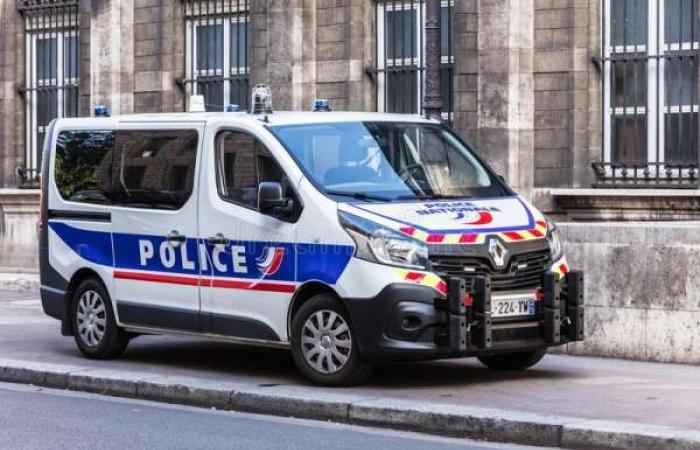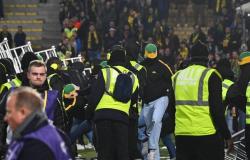In recent weeks, Rennes has been the scene of an unprecedented escalation of violence. Shootings, murders and attacks punctuate daily life, plunging the city into a climate of extreme tension against a backdrop of drug trafficking. At the heart of this crisis, caregivers – doctors, nurses, emergency personnel – are on the front line, called upon to intervene to help victims. “The elected officials show their support for the police and local residents, but they forget the trauma that the doctors and nurses undergo,” laments the husband of a caregiver.
“During the big shooting at Blosne, the South hospital went through hell. They recovered an injured person who they had to take care of. A few days ago, the five-year-old child, seriously injured by a gunshot, was managed during a night shift. The weekend was horrible! It was a nightmare, especially with the neurosurgery operations necessary in a particularly tense context. Practitioners today work under unbearable stress. »
These injuries are not linked to the fatality of the disease, they can be preventable. »
Head of SAMU 35 and head of emergencies at Pontchaillou University Hospital, Professor Louis Soulat knows the problem well. “Since I have been here, I have seen a worrying increase in injuries, often linked to drug trafficking. » Regularly, he and his troops experience the stress of dangerous emergency interventions in the field and even in their premises. “When a person with a stab wound arrives at the emergency room, our fear is that someone will come and “finish the job”. Even with a temporary police presence, the feeling of insecurity is real, particularly when there is a repeat offense on the same day,” continues Professor Soulat.
The fear of caregivers
On the front line facing extreme situations, caregivers express deep fear of a new mass shooting, similar to the one that occurred at Gros-Chêne a year and a half ago, causing two deaths. “We asked to be in direct contact with the police and the gendarmerie during attacks with weapons, whether blades or firearms. But what worries me is that we trivialize this violence, that we become accustomed to it, until the day we are caught in gunfire and risk being injured ourselves. There is no question of us working with bulletproof vests! »
A man was subdued by a pistol shot in the emergency room itself. This event left its mark. »
Close to his teams, Professor Louis Soulat is keen to prevent any psychological after-effects among his colleagues and collaborators. “We involve psychologists to support our staff, but the repetition of violent events, like this seriously injured child, leaves lasting traces. It is crucial that we are accurately informed of incidents and the security of intervention sites. We relayed this request to the police, gendarmerie and the prefecture. »
On the police side, the problem is far from being neglected. “In the event of a mass killing, our procedures are very strict, with the installation of command posts,” explains a spokesperson for the police. “For attacks with weapons, we secure the premises before emergency services intervene. We regularly train firefighters so that they can react to violence. For caregivers (who do not follow this training), we have put protocols in place, in collaboration with our safety representatives and those of each department of the University Hospital. »
Problem, in Pacé, during the serious bullet wound of a child, the men of the SMUR (mobile emergency and resuscitation structures) arrived before the police. “We were on the scene without knowing it was a shooting. It was a discovery that caused a strong feeling of insecurity within our teams. » A situation which would be entirely explainable, according to a person close to the matter. “We were in a gendarmerie zone, where territorial coverage is wider. We can therefore understand that it takes them more time to get to an intervention as quickly as possible. But as a reminder, the military, like the police, have the same links with the SAMU. »
Despite all these efforts, the feeling of insecurity still persists within the CHU. Many are calling for an immediate response, in particular to secure the surroundings of the hospital establishment. “Despite our requests, no CCTV cameras have been installed near the emergency room, particularly on the walkway leading to our hospital (where a murder took place). This adds to our fears when we should be devoting ourselves to our healthcare missions,” said a doctor.






